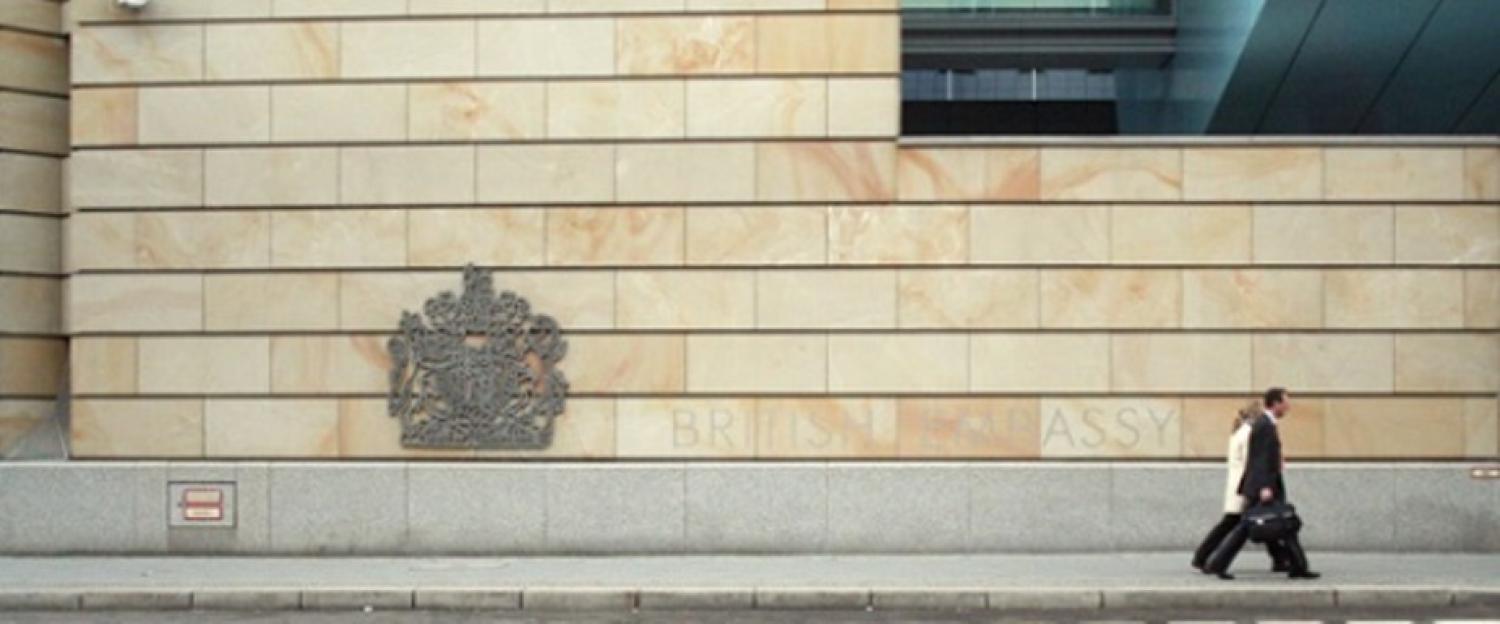Jason Murphy comes to some breathtakingly wrong conclusions in his 22 March post demanding the closure of Australian missions abroad ('DFAT Come Home! Why Foreign Posts no Longer Make Sense'), with 'diplomats based in Canberra and deployed to foreign nations as needed on a shorter-term basis'.
As John McCarthy and especially Ric Smith amply demonstrate, a foreign ministry and its outposts abroad are one and indivisible. A hypothetical ministry charged with foreign affairs without its own antennae, pipelines and human observers abroad cannot exist. Nor does it make the least sense to staff a foreign outpost exclusively with experts from treasury, trade, attorney-generals and other departments of state, each reporting back to (and feeling responsible for) a particular branch of government and aspect of national interest.
Let me outline the role the role of a modern ambassador, the person heading an official outpost composed of generalists and specialists. An ambassador, along with his or her team, has three core tasks, the first being facilitator, a term which takes in:
- The classical role of the governmental envoy including the facilitation, preparing, following and summing up of government-to-government contacts.
- The embassy as 'city hall' for compatriots abroad.
- Network coordinator for business contacts.
- Initiator and patron of cultural events.
- Pathfinder for educational, scientific and other academic relations.
Second, the ambassador is a reporter and analyst. Ambassadors have unique access to sources not available to others, thus their honest analysis of events, opinions, media reactions and so on must include points not necessarily welcome within their own government or ministry. This includes making specific proposals for courses of action, wording of major speeches and so on.
Thirdly, but nowadays often first, the ambassador is a brand manager. The key term here is 'public diplomacy': the presentation of your nation, its policies and activities in the media and in the public scene of the host country. In particular, the ambassador corrects stereotypes through speech, example and events. Brand-managing a country is ideally the intelligent display of soft power. [fold]
It is of course true that 'His Excellency' the diplomatic envoy, moving in the rarified atmosphere of high politics, carrying top secret messages while denying doing so, insisting on never taking sides or positions, saying nothing while talking in elaborate phrases, is dead. This figure was killed by instant worldwide communication (and the leaking thereof), by the incessant spotlight of the media and citizen reporters, and by the multiplication of non-state actors in international relations: business and finance representatives, media moguls, non-government organisations and many more.
However, the Ambassador as the extended arm of one government, one country, and one culture to another (bilateral diplomacy) or to an international body (multilateral diplomacy), or to a problem/region (special envoy), is still indispensable for the orderly conduct of international relations and their impact on the individual.
The second-oldest profession in the world — the person in between two parties, two countries, two armies, two interests — has been with humanity since the dawn of time and will continue to be so. And this is not despite but because our world is getting flatter. The ambassador is more necessary than ever as an interpreter, scout and guide in the ever increasing interaction of individuals, institutions and ideologies brought along by globalisation.
Photo courtesy of Flickr user giao911.
